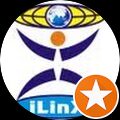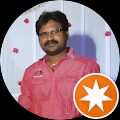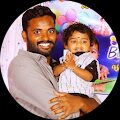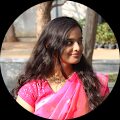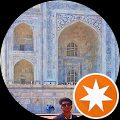Humanities & Sciences
About theDepartment
The Department elaborately integrates the disciplines of Effective Communication Skills, Science, Technology, Engineering and Mathematics in an interdisciplinary and applied approach into a cohesive learning paradigm to motivate the students towards engineering concepts. The Humanities and Sciences Department at VJIT is established in the year 1999. The objective of the department is to update and modernize the quality of professional education and to employ innovative teaching methods. The Department comprises seven disciplines namely, English, Mathematics, Physics, Chemistry, Environmental Sciences, Physical Education and Library Sciences. The strength of engineering college indeed lies in the academic affluence of the department of Basic Sciences & Humanities, which is fast developing and has emerged as one of the best branches in the institute. The department supports the technical departments by providing value-based education to the budding engineers that help them to emerge as professionals with a difference.

Vision
The department of H&S shall strive to provide powerful educational effectiveness by linking facts, theory and various skills and problem solving methodology to real life problems, thereby providing a strong foundation to the engineering students.

Mission
To provide a strong base to engineering and technology, where students, faculty and staff work collaboratively to expand knowledge in basic subjects and communication skills providing a foundation that is appropriate to their career goals.
Highlights of theDepartment
- Highly qualified and experienced faculty with hands on experience in Outcome Based Education.
- Effective mentoring system.
- Sophisticated laboratories conducive to experiments and investigations.
- Functional and aesthetic building with a cutting-edge infrastructure.
- Guest lectures and active workshops in Computer Programming, Engineering Physics, Engineering Chemistry and Communication Skills.
- Membership in International Professional Bodies and Student Chapters.
- Webinars and Certification Courses
- Robust Student Clubs
Head of theDepartment
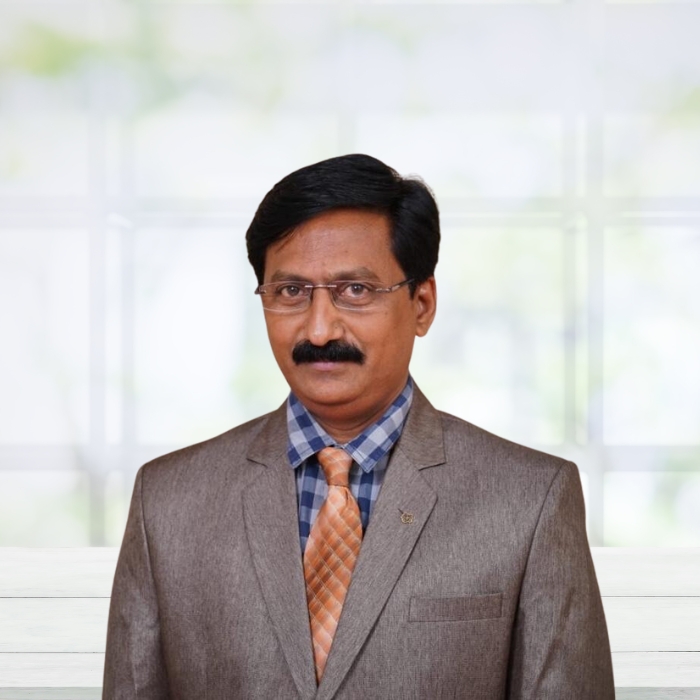
Dr. K. Lakshmi Narayan
M.Sc., B. Ed., Ph. D.
- 297 Citations Affirmed
- 100+ Papers Published
- 16 Workshops Attended
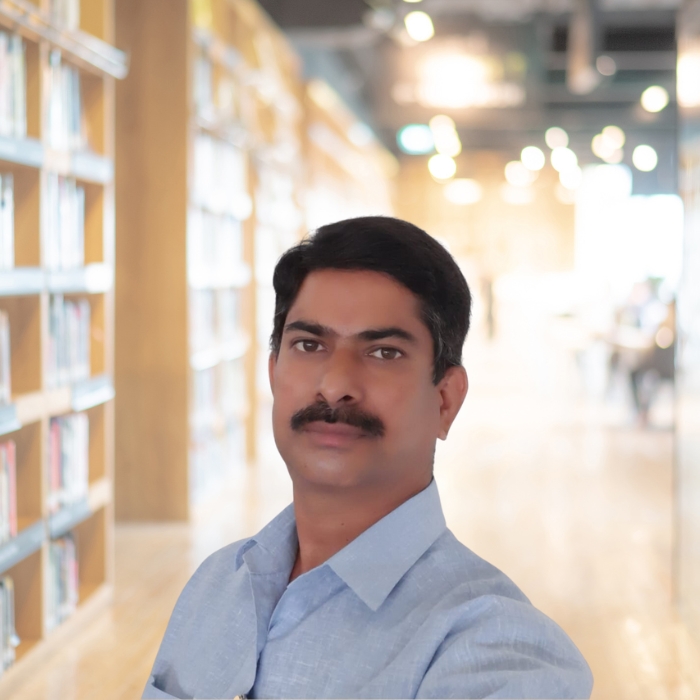
Dr. M. Anand Pandarinath
M. Sc., Ph. D
- 157+ Citations Affirmed
- 12 Publications Published
- 10+ Workshops Attended
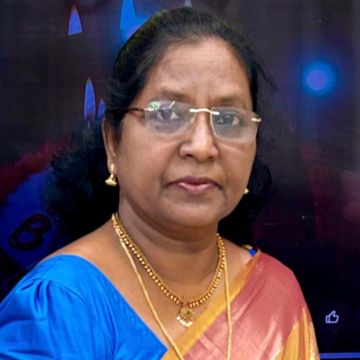
Dr. D. Indira Priyadarshini
M.A, M. Phil, PGCTE, Ph.D
- 5 Citations Affirmed
- 13 Papers Published
- 45 Workshops & FDP’s Attended
- 35 Courses
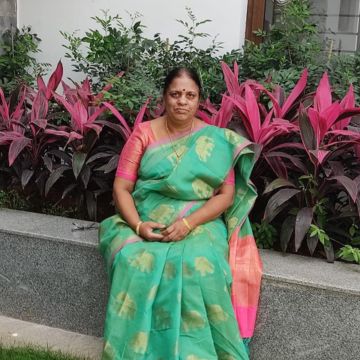
Mrs. P. Annapurna
M. Sc.
- 23 Citations Affirmed
- 12 Papers Published
- 45 Workshops Attended
Faculty
ProfessionalChapters & Clubs
Departmental Clubs
- Maths Club – SANKHYAAN
- English Literary Club – NASCENT
- Cultural Club – YUKTHI
- Sports Club
- Coding Club
- Photography Club



